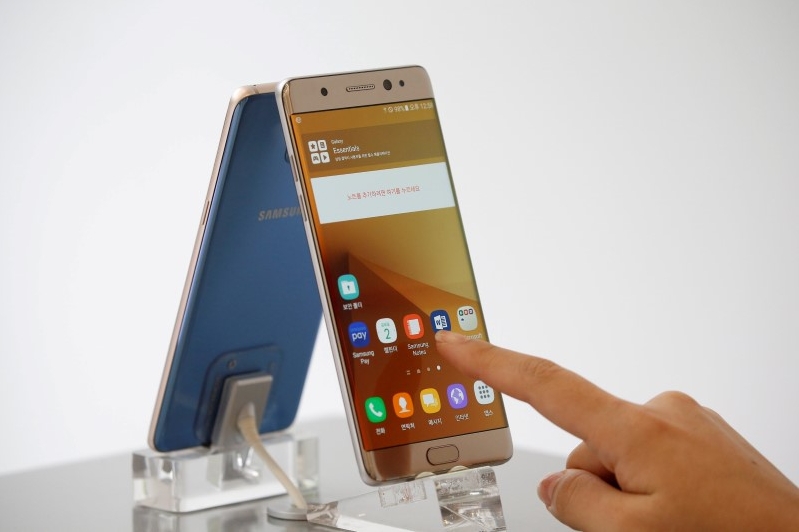
The next time you board an airplane, you could be convicted of criminal charges if you happen to bring your Samsung Galaxy Note 7 smartphone with you. Yes, things have gotten that ugly (or serious, depending on how one looks at a situation) with the latest Samsung flagship. Basically, if you are found guilty, you can be subject to civil penalties of up to $179,933 for each violation -- definitely a whole boatload of money that not every Tom, Dick or Harry are able to cough up at a moment’s notice.
This particular official ban of the Galaxy Note 7 from all airplanes have been in effect by the Federal Aviation Administration (FAA) since earlier this week, where it falls under a new Emergency Restriction/Prohibition Order. It would be pretty uncool to have that criminal record in your file just because you forgot that you still own a Galaxy Note 7 when you’re headed out to the airport.
It makes perfect sense to enforce such a ban, since there is no warning sign whatsoever concerning the Galaxy Note 7 spontaneously combusting, and it would be highly irresponsible playing a game of Russian roulette in the skies, where a fire is one of the worst kind of disasters to have in an airplane as you can’t have fire trucks hailed to douse the flames, can you?
Samsung’s Galaxy Note 7 has gone through a lot of turbulent moments lately, first with reports of the handset exploding at random all over the world, only for a massive recall exercise to happen without any changes in the result -- causing Samsung to ditch their newest flagship device while promoting the slightly older Galaxy S7 and Galaxy S7 edge smartphones. Not only that, it seems that rumors of a Galaxy S8 are being bandied about, which will hopefully not result in a similar disaster as with the Note 7 if the Galaxy S8 is being rushed to fill up the market vacuum.
The FAA issued the Emergency Restriction/Prohibition Order No. FAA-2016- 9288 last Friday, October 14, where it specifically mentioned that as of noon on October 15th, fliers are no longer allowed from bringing the Galaxy Note 7 on board any aircraft. The order would place restrictions on passengers from carrying the smartphone "on their person, in carry-on baggage, in checked baggage, or as cargo," where anyone who has one on the plane needs to turn it off on the spot without any delay. Not only that, it is the responsibility of carriers to "deny boarding to a passenger in possession" of the Samsung Galaxy Note 7.
Not only that, passengers who actually manage to sneak a Galaxy Note 7 onto a plane are "subject to civil penalties of up to $179,933 for each violation for each day they are found to be in violation (49 U.S.C. 5123)," and could be prosecuted. Upon successful prosecution, the guilty party might "result in fines under title 18, imprisonment of up to ten years, or both (49 U.S.C. 5124)."
Why take such risks then if you are going to travel? Surely it should not be too much of a hassle to exchange your Galaxy Note 7 for something else in the meantime before your travels. I would be so bold as to venture and claim that the Samsung Galaxy Note 7 is now the most recognizable handset in US airports, and perhaps even everywhere else around the world -- no thanks to its notoriety.







